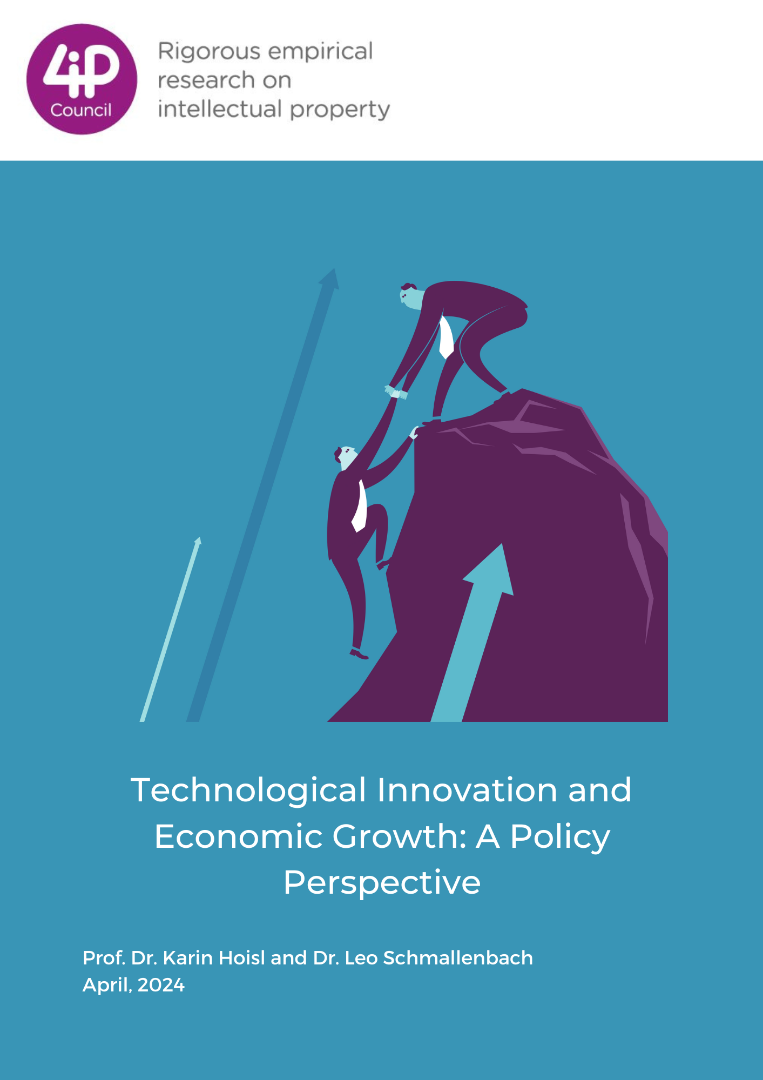Executive summary
Technical standards developed by standards development organizations (“SDOs”) increasingly involve software-based solutions that implicate open source software (“OSS”). SDOs generally operate pursuant to policies and procedures based on principles of consensus, due process, balance, and openness, and subject to consensus-defined intellectual property rights (“IPR”) policies that contemplate inclusion of patented solutions in standards. Consequently, SDO policies help incentivise IPR owners to contribute their new and innovative technologies to standards by providing owners of Standard Essential Patents (“SEPs”) the opportunity to offer licenses for their IPR on fair, reasonable and non-discriminatory (“FRAND”) terms.
Open source projects are often pursued in consortia or similar forums, which typically do not fully observe such procedural principles, and do not contemplate FRAND patent licensing, or patent licensing at all.
However, traditional SDO standards activities and open source projects are not mutually exclusive, and both can drive innovation and competitiveness. As noted by the European Commission’s 2017 communication on the EU’s approach to SEPs, integration between open source projects and standards development processes may be “a win-win situation,” and “[f]lexible and effective interactions between standardisation and open source communities will promote and accelerate the uptake of advanced technology developments.”
This paper considers the competition law implications of integrating standards development and open source efforts, to help facilitate that potential “win-win” outcome, and achieve the procompetitive goals of standards development, rather than create risks of competitive harm that will deter innovation. This paper submits that consensus-based approaches to standards development, where account is taken of all stakeholder interests, and which abide by principles of openness, balance and due process, should apply equally when SDOs accommodate open source projects. Experience shows that such procedural safeguards are fundamental to avoid potential anticompetitive effects resulting from imposing IPR policies that favour discrete stakeholder interests. This paper further explains that EU and US competition law provide the necessary tools to challenge conduct related to standardization and open source licensing that may diminish competition and innovation.
Accordingly, when appropriate, integration of open source solutions into standards has great potential for procompetitive outcomes, evidenced by increased technological growth and innovation. To achieve such outcomes, however, the same type of consensus-driven, balanced approaches to IPR, followed by most SDOs currently, will be important to avoid imposition of exclusive, arbitrary or restrictive approaches that diminish incentives for the development and contribution of important IPR.
Key messages
- Where appropriate, integration of open source software (“OSS”) solutions into standards development presents an opportunity for increased procompetitive innovation and technological growth, especially in the information, communications, and telecommunication sector. Such integration, however, must recognize the importance of incentives for contributing patented technology to integrated standards and OSS projects; otherwise, risks of diminished technological growth and innovation will result.
- Experience shows the competitive benefits of consensus-based approaches in connection with standards development, and the negative potential consequences when the safeguards inherent in a consensus-based approach are avoided. EU and US competition enforcers have recognized both the benefits of following such an approach, and the risks of failing to do so in terms of diminished competition and innovation.
- Consensus-based approaches related to IPR already used by SDOs to develop standards - where account is taken of all stakeholder interests, and which abide by principles of openness, balance and due process – should apply equally when standards development involves open source software solutions.
- As industry explores integration of OSS solutions into standards development, respect should be given to the competition-enhancing protections that proper IPR policies and procedures afford and steps should be taken to ensure successful integration of OSS and standards development.
Full paper available at SSRN: https://papers.ssrn.com/sol3/papers.cfm?abstract_i...






